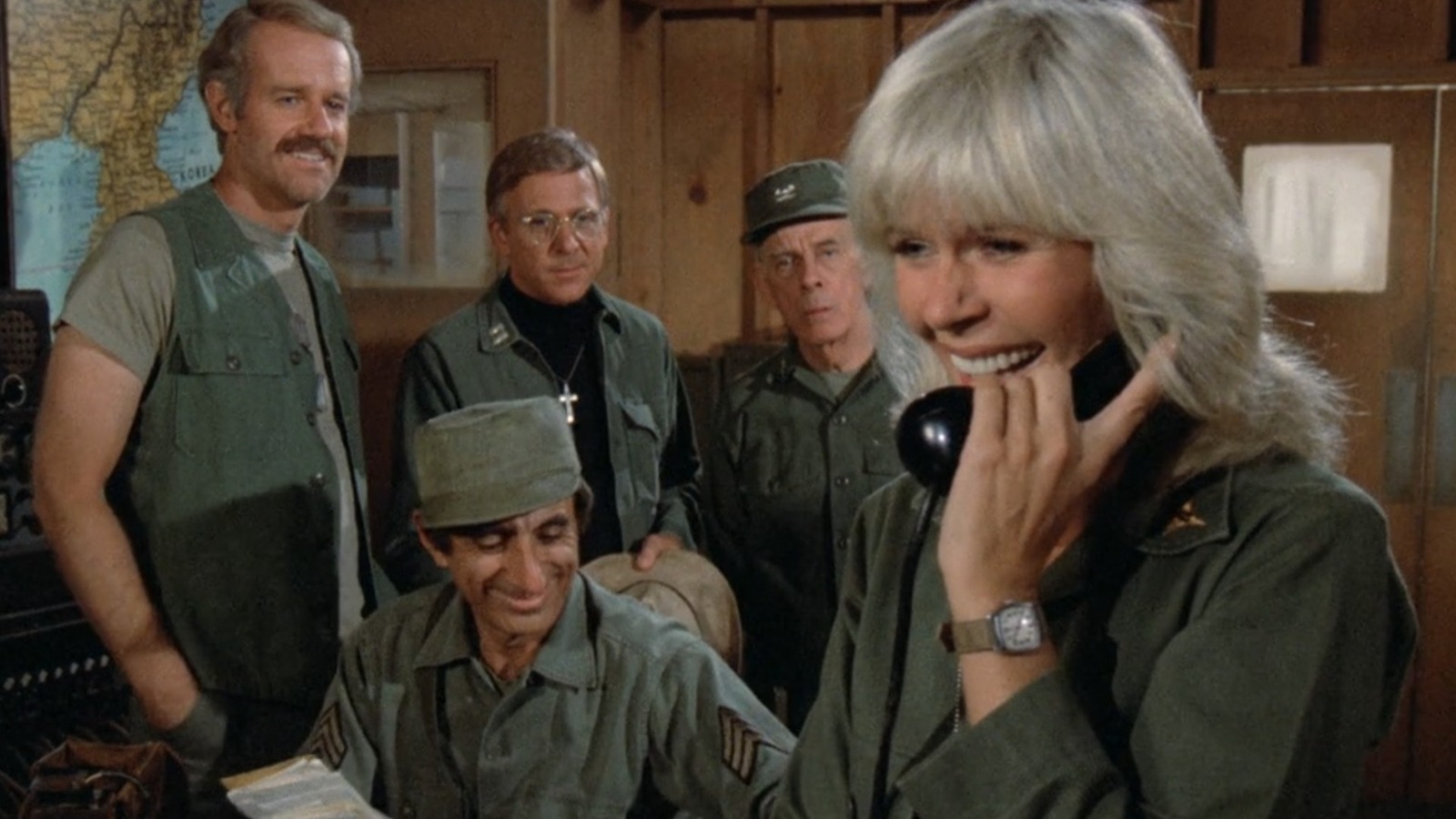WALL-E Director Andrew Stanton 'Wasn't Trying To Predict The Future' (But He Did Anyway) [Exclusive]
In a special extra feature included in the Criterion version of "WALL-E," titled "Prophecies," Stanton and co-writer Jim Reardon discuss the film's social commentary and the part of the film predicted the state of our present world. When we asked Stanton how surprised he was in retrospect, he gave us an interesting answer.
"I said it in the doc: I don't like being right on so many of these issues. I wasn't trying to predict the future. This is science fiction , not scientific facts. I was just trying to predict a believable future that you would buy into so we can accept that maybe humanity is gone and this character was alone. It was very selfish just to invest in the character, but you want to go with things that don't distract you, like, "I'm not buying this," because if the audience is going like that, they're not investing in the main character. as logical as possible."
While still a time of environmental anxiety, 2008 feels like a world apart from the high-tech era we live in today. The first iPhone came out just a year before "WALL-E" in June 2007, and back then it was cutting-edge technology available to a few. Today, in our smartphone-dominated world, it's getting pretty hard to imagine a life before our tiny handhelds. Our dependent relationship with technology has reached its peak.
![WALL-E Director Andrew Stanton 'Wasn't Trying To Predict The Future' (But He Did Anyway) [Exclusive]](https://www.slashfilm.com/img/gallery/wall-e-director-andrew-stanton-wasnt-trying-to-predict-the-future-but-he-did-anyway-exclusive/l-intro-1667863208.jpg)
In a special extra feature included in the Criterion version of "WALL-E," titled "Prophecies," Stanton and co-writer Jim Reardon discuss the film's social commentary and the part of the film predicted the state of our present world. When we asked Stanton how surprised he was in retrospect, he gave us an interesting answer.
"I said it in the doc: I don't like being right on so many of these issues. I wasn't trying to predict the future. This is science fiction , not scientific facts. I was just trying to predict a believable future that you would buy into so we can accept that maybe humanity is gone and this character was alone. It was very selfish just to invest in the character, but you want to go with things that don't distract you, like, "I'm not buying this," because if the audience is going like that, they're not investing in the main character. as logical as possible."
While still a time of environmental anxiety, 2008 feels like a world apart from the high-tech era we live in today. The first iPhone came out just a year before "WALL-E" in June 2007, and back then it was cutting-edge technology available to a few. Today, in our smartphone-dominated world, it's getting pretty hard to imagine a life before our tiny handhelds. Our dependent relationship with technology has reached its peak.
What's Your Reaction?








![Irena's Wishes review: Sophie Nelisse proves she's a star in this beautiful story of human endurance [TIFF 2023]](https://vidianews.com/assets/img/bg_slider.png)
![Irena's Wishes review: Sophie Nelisse proves she's a star in this beautiful story of human endurance [TIFF 2023]](https://www.slashfilm.com/img/gallery/irenas-vow-review-sophie-nelisse-proves-shes-a-star-in-this-beautiful-story-of-human-endurance-tiff-2023/l-intro-1694186925.jpg?#)





![Three of ID's top PR executives quit ad firm Powerhouse [EXCLUSIVE]](https://variety.com/wp-content/uploads/2023/02/ID-PR-Logo.jpg?#)







